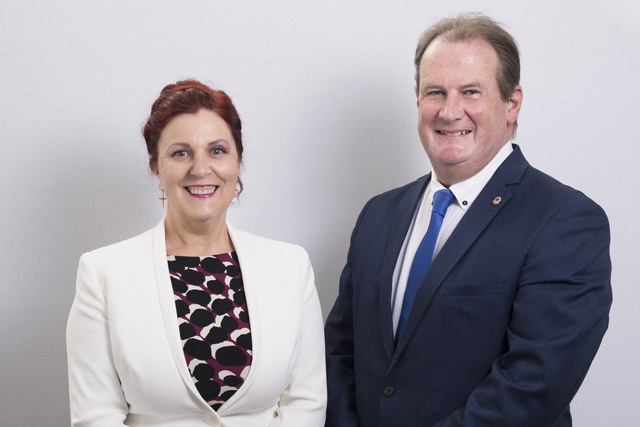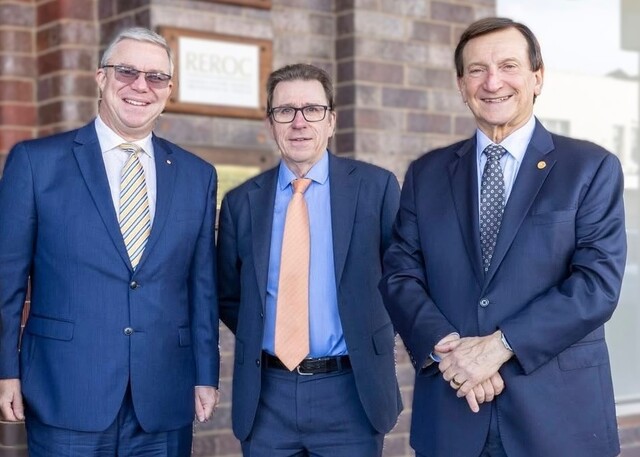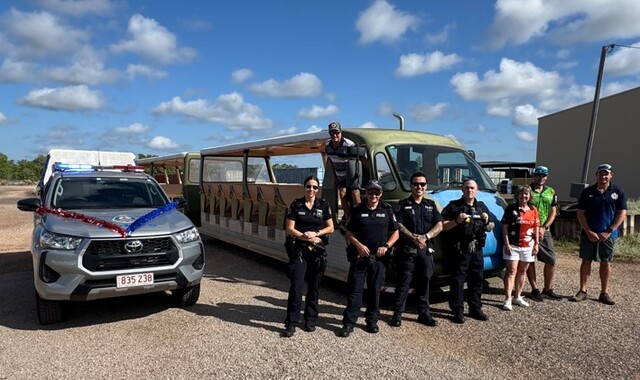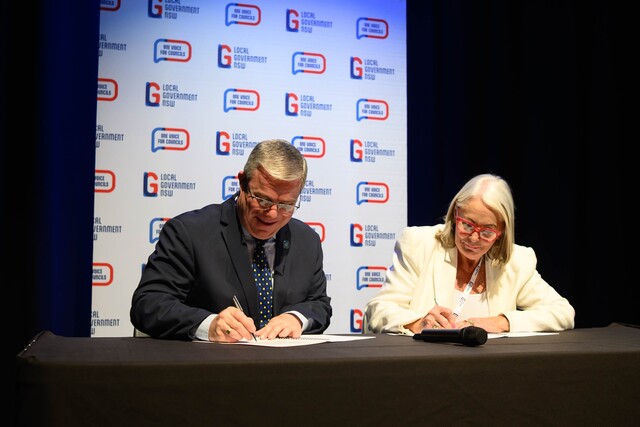With approximately 85 percent of the Australian population living on or near the coast, the issue of climate change adaptation and rising sea levels impacts on the vast majority of local government areas.
Sea level rise is, in every way, a bipartisan issue and councils have been both vocal and proactive in tackling the effects head on. Numerous councils have made submissions to the Productivity Commission, leading up to their report to the Federal Government on the ‘Barriers to Effective Climate Change Adaptation’.*
Since the draft report was released a number of other councils have responded to the recommendations. The final report is due to be handed to the Government on 20th September this year.
In the meantime, and perhaps in response to the draft report, there’s been a lot of press around the issue, some of it accurate and reasoned, and some of it leaping to worst case scenarios without pausing to take a breath. This, in an environment where some of the best minds in Australia have been applied to the task of finding positive ways to address climate change and its effects.
The major concern for affected councils is access to the resources they require to adapt. In fact it must have been heartening for those in local government to read that the Commission considers “clarifying the roles, responsibilities and legal liability of local governments, and improving their capacity to manage climate risks” (P.2) a key point.
That said, councils have not been waiting for the Productivity Commission’s recommendation to take action; rather, many local governments have been working steadily on the ground and at the level of strategic planning to develop their own policies on and approaches to climate change adaptation.
Rising above the fray
The Local Government Association of South Australia (LGASA) made a detailed post–draft report submission to the Productivity Commission, based on extensive consultation with and on behalf of their 68 member councils. The submission focused on issues such as accessing accurate information, identifying strategies for mitigation, and also on where funding for these strategies might come from.
LGASA CEO Wendy Campana, along with Director of Environment Adam Grey, presented the submission to the Commission, noting their support for many of the report’s recommendations, and contributing information about the climate change adaption strategies already in place at both the local and state government level.
A key to councils tackling and adapting to climate change is having access to information that is both as accurate as possible, is able to be understood and can be acted upon. Wendy Campana notes that one of the major issues for councils is that they are dealing with information about an activity that is ‘very long term’.
“We are looking at information that is giving us projections for many, many years ahead. So for us, it’s about long–term planning and trying to get a handle on the infrastructure issues associated with climate change, and the costs that flow on from those issues.”
On the other hand, the fact that a number of coastal communities in South Australia are already feeling the effects of sea level rise places the LGASA in a position of needing immediate answers to the questions around funding for adaptation strategies.
“In a physical sense we are seeing coastal erosion and sea water inundation in our low–lying areas, and we’ve been told that this is associated with sea level rise, and that it is climate change that is causing this,” says Wendy.
“What are we doing about it? Well, I suppose we are looking at hard infrastructure approaches, such as sea walls and levies. And we are also looking at the soft approaches, such as sandbagging and sand replenishment.
“It’s really an issue of saying, we are starting to see the change, so how can we plan ahead and what sort of remedies can we adopt. It’s not something that is going to go away, so careful planning and modeling, and finding practical solutions is the priority.”
Excellence in adaptation
Shoalhaven City Council in New South Wales has been recognised for leading the charge in climate change adaptation policy, picking up the ‘Excellence in Leadership and Innovation – Rural Councils’ award at the LGMA NSW Awards.
In a very clear example of the kind of proactive approach demanded by uncertain times, Shoalhaven’s detailed adaptation policies have received widespread recognition, and have increased the organisational understanding of the risks associated with climate change.
Some of the elements of Shoalhaven’s climate change response framework include: a Community Strategic Plan; a Climate Change Risk Management Assessment; an Adaptation Plan; a Flood Risk Management Plan; and compulsory training for all supervisors and managers on adaptive measures, to name just a few.
Council’s Director of Strategic Planning and Infrastructure, Peter Adams said the LGMA Award was tremendous recognition for the ongoing development and implementation of Council’s extensive list of adaptive measures.
“One of the key future challenges for Council will be the ability to deliver key services to a community facing many climate related uncertainties and challenges,” said Peter.
“Council understands that finding ways to increase the resilience of the local area and encourage foresight in adaptive measures will provide major long term benefits to the local community.
“In dealing with this issue, Council has made a sustained effort to embed flexibility, innovation and adaptive leadership into our approach of dealing with the effects of climate change.”
*The draft report, ‘Barriers to Effective Climate Change Adaptation’ can be downloaded from: www.pc.gov.au/projects/inquiry/climate–change–adaptation/draft








